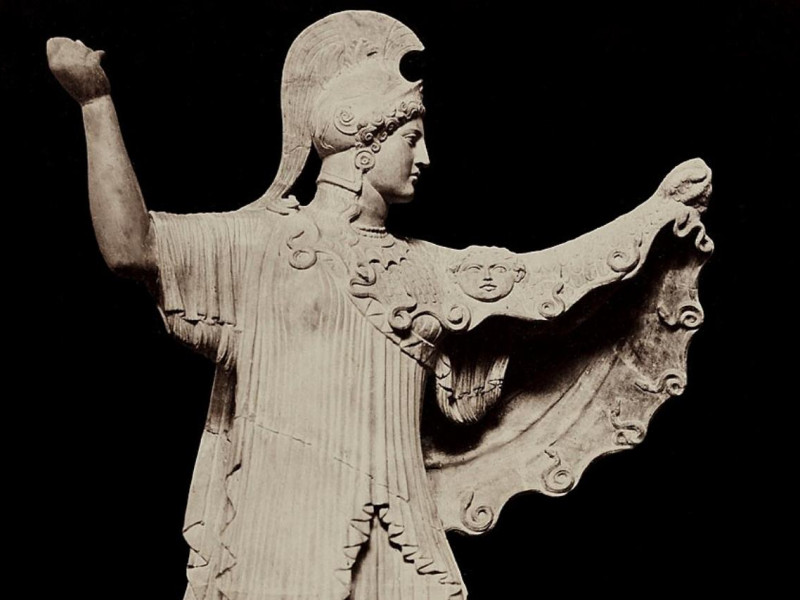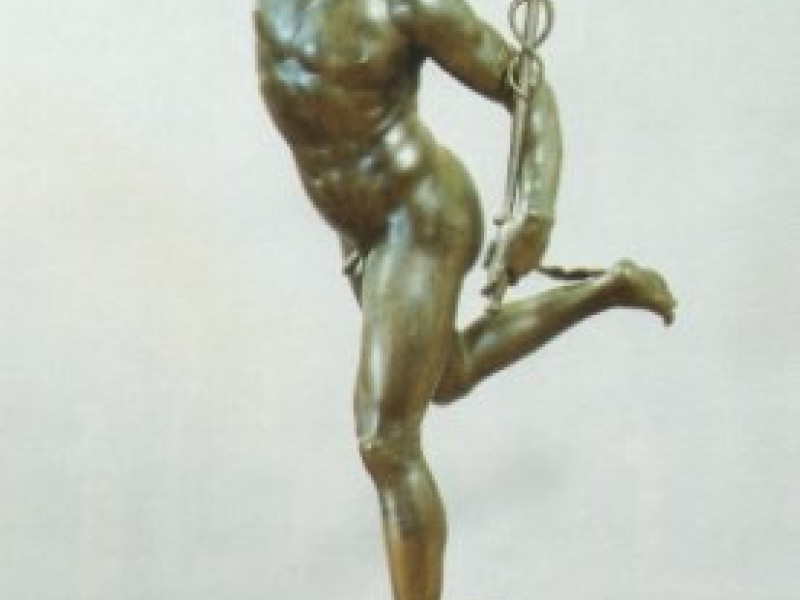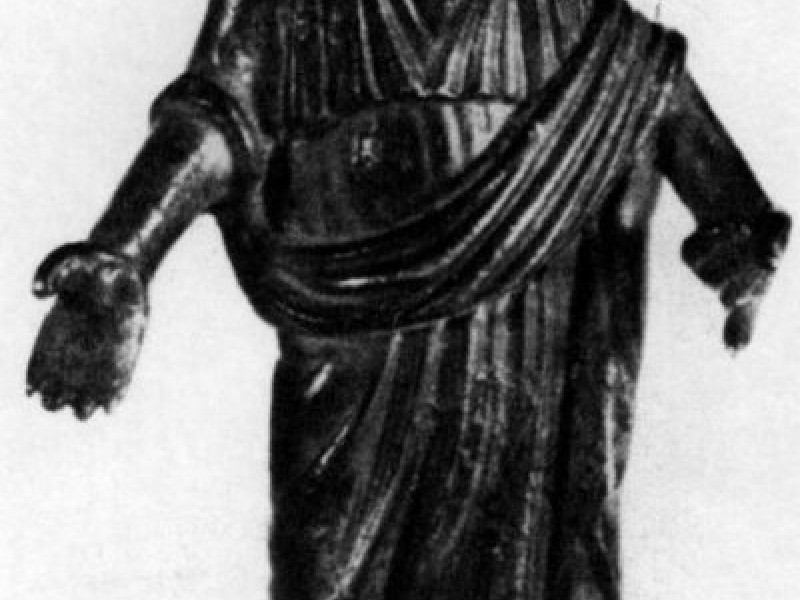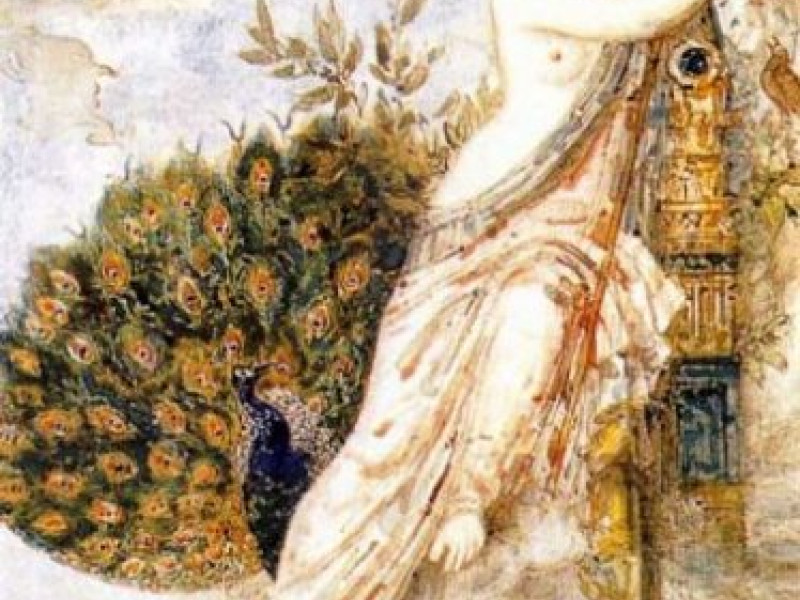Minerva
Minerva was probably a goddess of Etruscan origin. Minerva was the goddess of art and crafts. It was only when Minerva was equated with the Greek goddess Athena that she became the goddess of war and victory. An Etruscan equivalent to Minerva was Menrva.
Minerva Medica was the tutelary goddess of Rome. She was one of the Roman deities in a triad that was worshipped along with Jupiter and Juno on the Capitol Hill. Minerva also had a temple on the Aventine Hill where she was the goddess of the guild and patroness of merchants and craftsmen.
On the Roman calendar, the Romans celebrated her festivals Quinquatria on March 19 and Minervalia on June 13.
By Jimmy Joe







